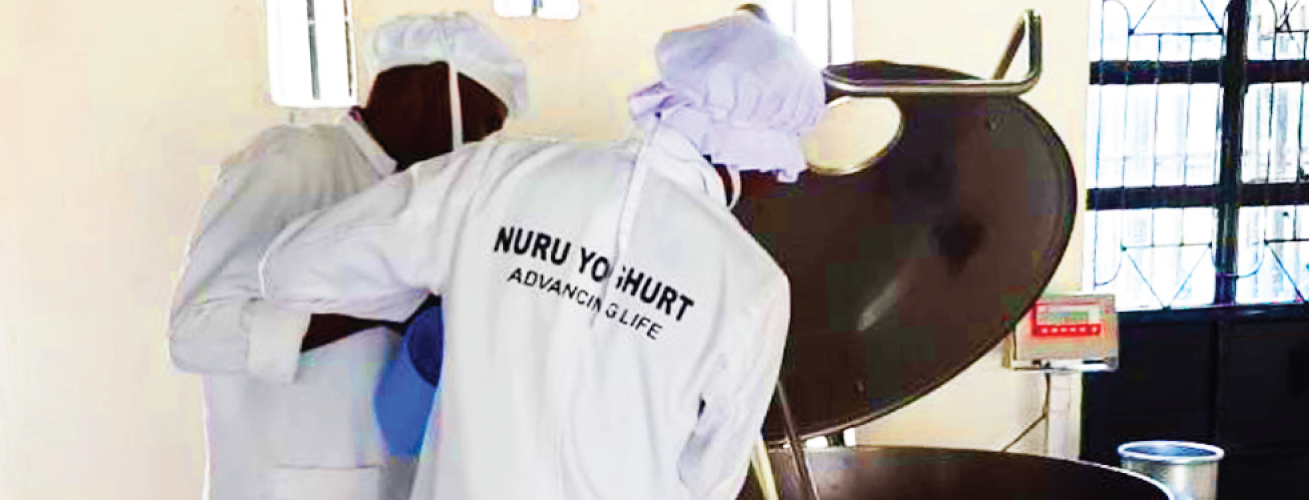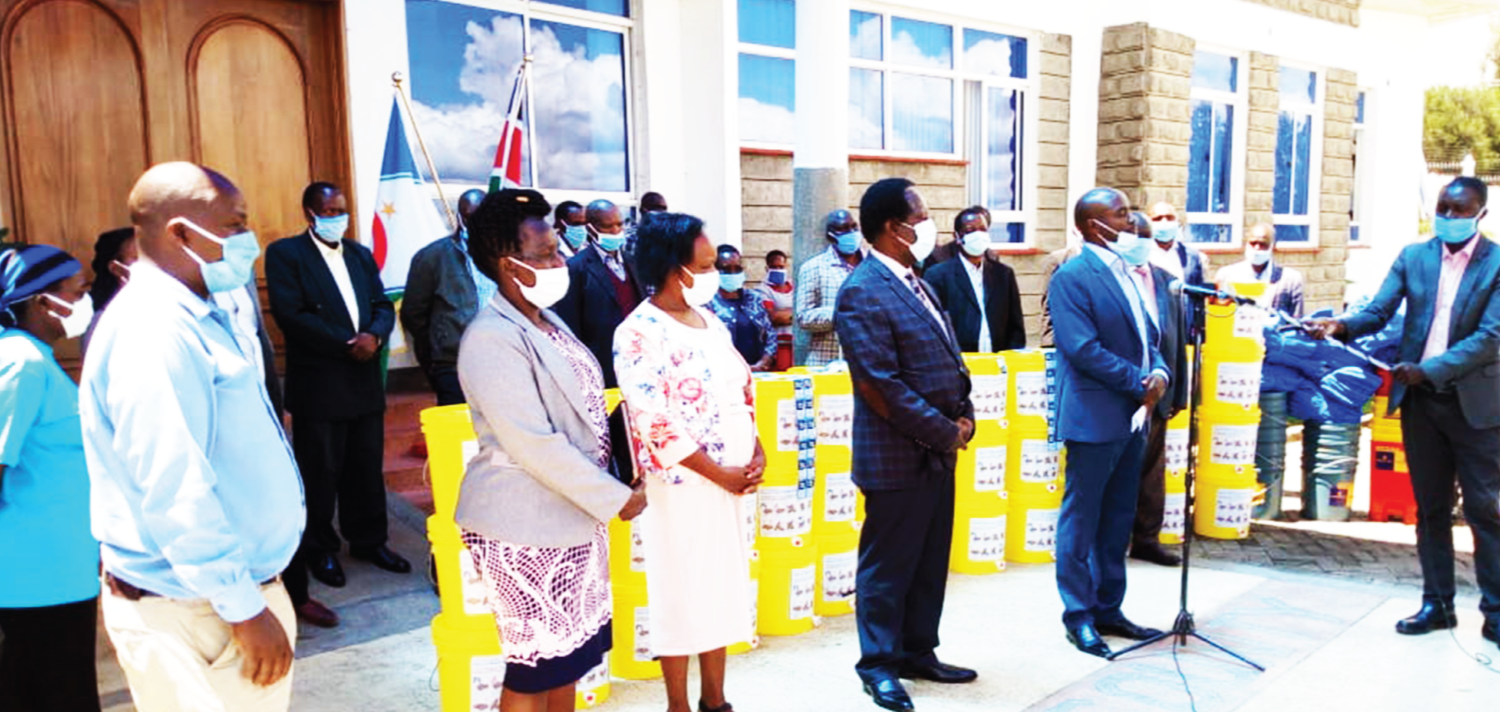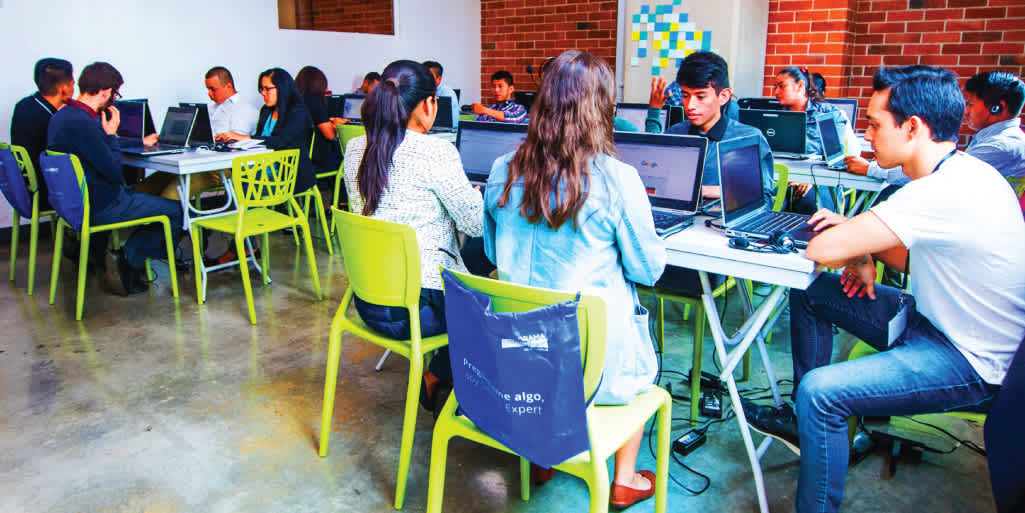Grow as a Leader
How Starting a Conversation Can Unlock Your Idea for Social Change
Participating startups in the Student Social Innovation Challenge discover the value of listening deeply to customers
August 11, 2020
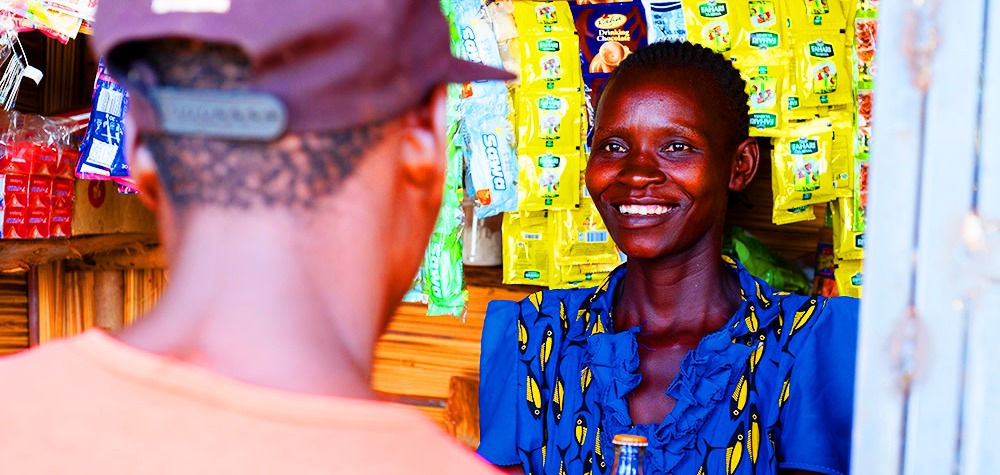
What separates the startups that make a difference from the ones that just scratch the surface? Listening.
Every product we’ve ever purchased was created for the purpose of solving a problem. If you’re an entrepreneur, you may be looking to save a customers’ time, money, or restore flexibility and ease to their day. No matter your reason for innovation, it’ll challenge your ability to uncover what your customers truly value — different from what you think they need. This might seem simple enough, but 42 percent of startups fail to launch, or launch and then fail, because there was no market need for their product.
Ensō, Liza, and Meora — three startups awarded grant funding in The Rockefeller Foundation-Acumen Student Social Innovation Challenge — learned this lesson firsthand. They engaged in what Acumen Academy calls “getting out of the building,” and gaining insight from potential customers. This experience blended tender teaching moments with ‘aha’ discoveries, leading to three main takeaways helpful for all innovators working to bring about social change.
DON'T BE AFRAID TO START FRESH
Listening means being willing to change your mind. This is easier said than done. Startups can become so enamored by their early ideas that they’re not willing to let go of them, even when it sidelines their progress.
Startup Ensō joined our Lean-Startup for Social Impact course ready to uncover new ways to transform their vision into a viable product. Halfway through, co-founder Tracey Martinovich realized they were trying to force a square peg into a round hole.
Founders Jackie Colmar and Tracey Martinovich wanted to provide a service that would redefine how refugees were welcomed, supported, and accompanied through resettlement in Australia. They started by mapping out a simple customer journey, envisioning the customer experience from the moment they lock eyes with the product to the long-lasting relationship they build over time.
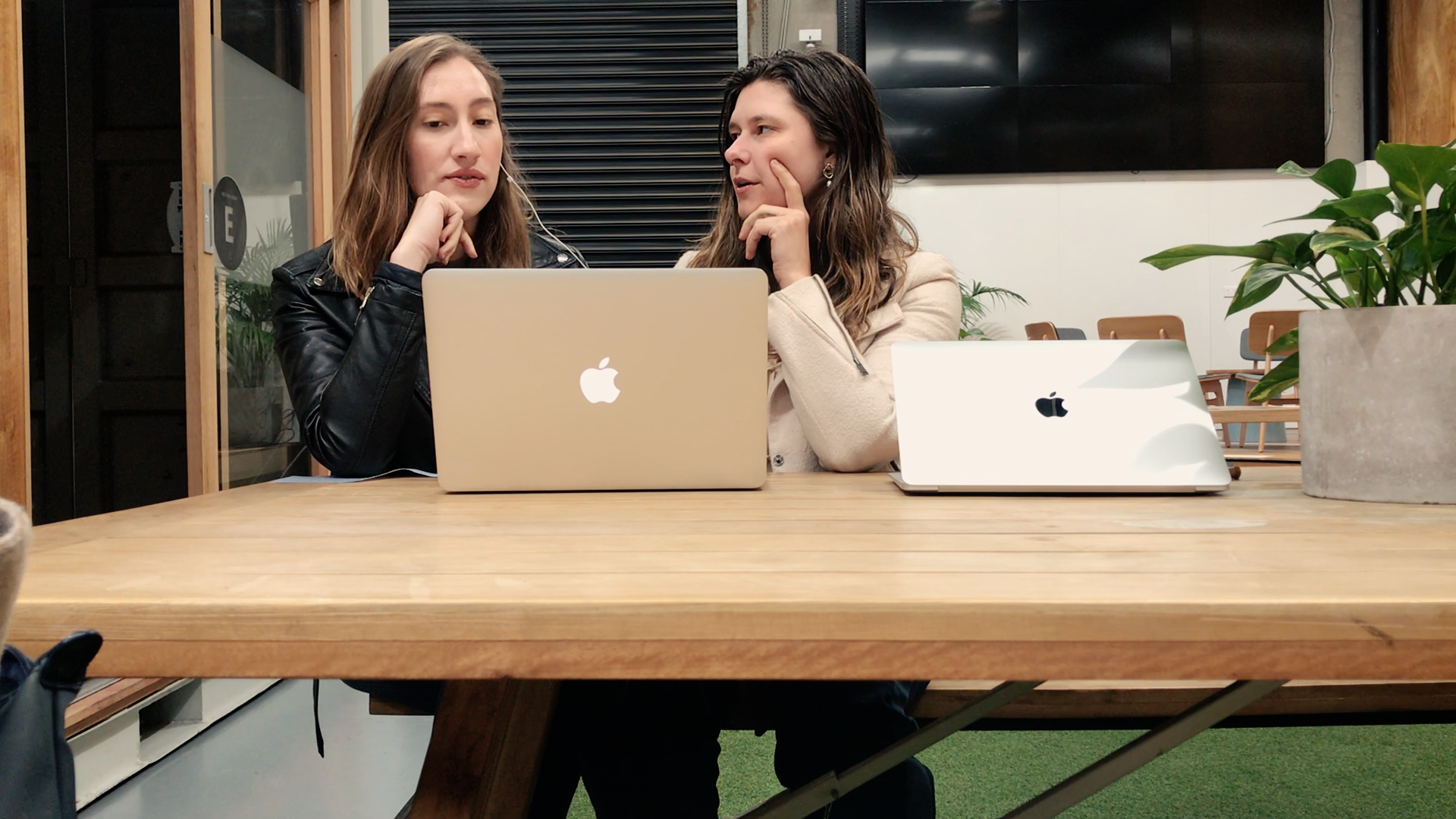
As they began speaking with refugees, foundations, and NGOs, their understanding of what refugees needed, transformed. Initially, they believed subsidized daycare and healthcare services would be one of the best ways to help refugees overcome barriers to accessing and maintaining long-term employment. But they identified a more complex issue: refugees' needs, wants, dreams, skills, backgrounds and challenges across Australia were uniquely different, and that existing service providers were struggling to create programs that catered to and supported this diversity.
The course helped ease their grip on the original idea, and pushed them to adopt the tools needed to build a new theory of change. “We listed out 10 different pathways we could take and asked ourselves, ‘does this idea truly fit the problem?’ and ‘what are our assumptions behind this, and how do we test it?’ We then came up with a model that we really believe in, have tested, and have seen that there's a demand for it," said Jackie.
Close
The model they landed on is a four-pillared service that tackles customer concerns from every possible angle. Ensō will provide tailored pre-employment training, employment matching services post-training, ongoing mentorship for businesses and individuals, and investment in past program participants to create a cycle of community-driven training to assist refugees. Before jumping into the design phase of their model, Jackie and Tracey also spoke with existing refugee organizations in Australia to find out where they were struggling to support individuals with experience of seeking refuge, and how they would best fill these gaps. Without the courage to let go of their original idea, they would have wasted time building a service that wasn’t valued by the refugee community.
DISCOVERING WHAT CUSTOMERS VALUE
Understanding the difference between what your customer needs, versus what your customer wants is crucial. Entrepreneurs often latch on to the solution, failing to test whether their product is solving a high value problem for the customer. Startup Liza used deep listening to uncover how their team could design a strong value proposition for their customers that also addressed their everyday needs. "One of the things that really resonated with all of us was how difficult it can be to improve your financial situation in the U.S. Personal finances can be empowering when you have them under control but totally immobilizing when you hit problems or encounter unexpected bills," said co-founder Jessica Hart.
It was this problem that encouraged graduate students Bukie Adebo, Jessica Hart, and Tyler Hastie to design Liza, a product that would help underbanked citizens in the U.S. gain access to affordable credit. Credit scores in the U.S. fluctuate based on a number of factors. A good credit rating often requires a proven history of paid bills, responsible spending, and the assumption that a person already has a bank account — nearly impossible for many low and middle-income citizens.
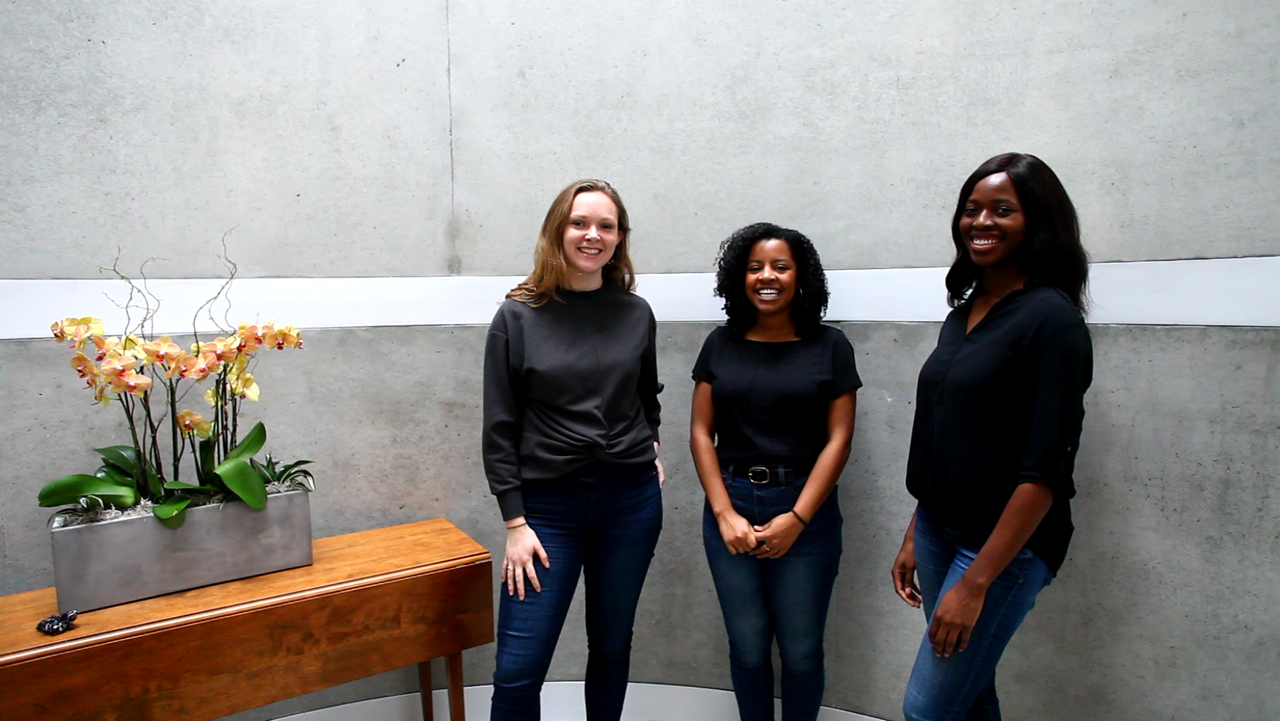
Before working toward a solution, these innovators identified that 19 million American households have poor or non-existent credit, despite their ability to repay loans. But it wasn’t just about the economic barriers. When launching their customer discovery experiment, they found that the mental barriers to accessing credit were equally paralyzing.
Tyler explained that even committing to improve one’s financial situation was a difficult first step. Credit counselors echoed this sentiment. In addition, they found that people who were rejected by credit companies in the past were scared to reapply. Others were skeptical of existing services and some simply couldn’t commit to building their credit reputation over a period of time — they needed the support now. “We realized through customer discovery interviews that credit is not always top of mind for people. So when you have a volatile income and you're just trying to make it day-to-day, you're not necessarily focused on ‘what is my credit score right now?’” said Tyler.
Tyler added that many people don’t consider their credit score until they realize it’s impact on life milestones, like buying a house, a car, or financing an education. By then, it’s too late to develop a score strong enough to apply for a loan for the upcoming purchase.
The Liza team saw beyond the "need," to get at what the customer would actually "value,” which was the ability to manage volatile income through a "learner" loan. They started designing Liza: a platform where users can work toward repairing and improving their credit score through a series of steps. Users begin by taking out a learner loan from family and friends. Once they’re able to prove their ability to pay it back, they can graduate on to a credit-builder loan that Liza secures. Eventually, they are able to build a healthy credit reputation and connect with mainstream lenders for larger loans through Liza. Recognizing the importance for financial literacy to alleviate customers' fears, Liza will embed education throughout the platform to teach users how to lend responsibly.
BE PREPARED TO PIVOT
Meora is a social enterprise working to democratize how people access health insights about infectious disease risks to empower precision healthcare. Meora Founders, Dr. Reza Jarral, a physician, and Nicole Lin, a data scientist, both possess an understanding of how to leverage AI technology to protect vulnerable populations from devastating illness.
With COVID-19 holding the attention of a global audience, Meora’s mission seems more crucial than ever. While completing The Rockefeller Foundation-Acumen Student Social Enterprise Accelerator program, Meora conducted eight in-depth interviews with employees of large healthcare agencies working with high-needs populations who seek to benefit from a platform that can identify the spread of illness more accurately.
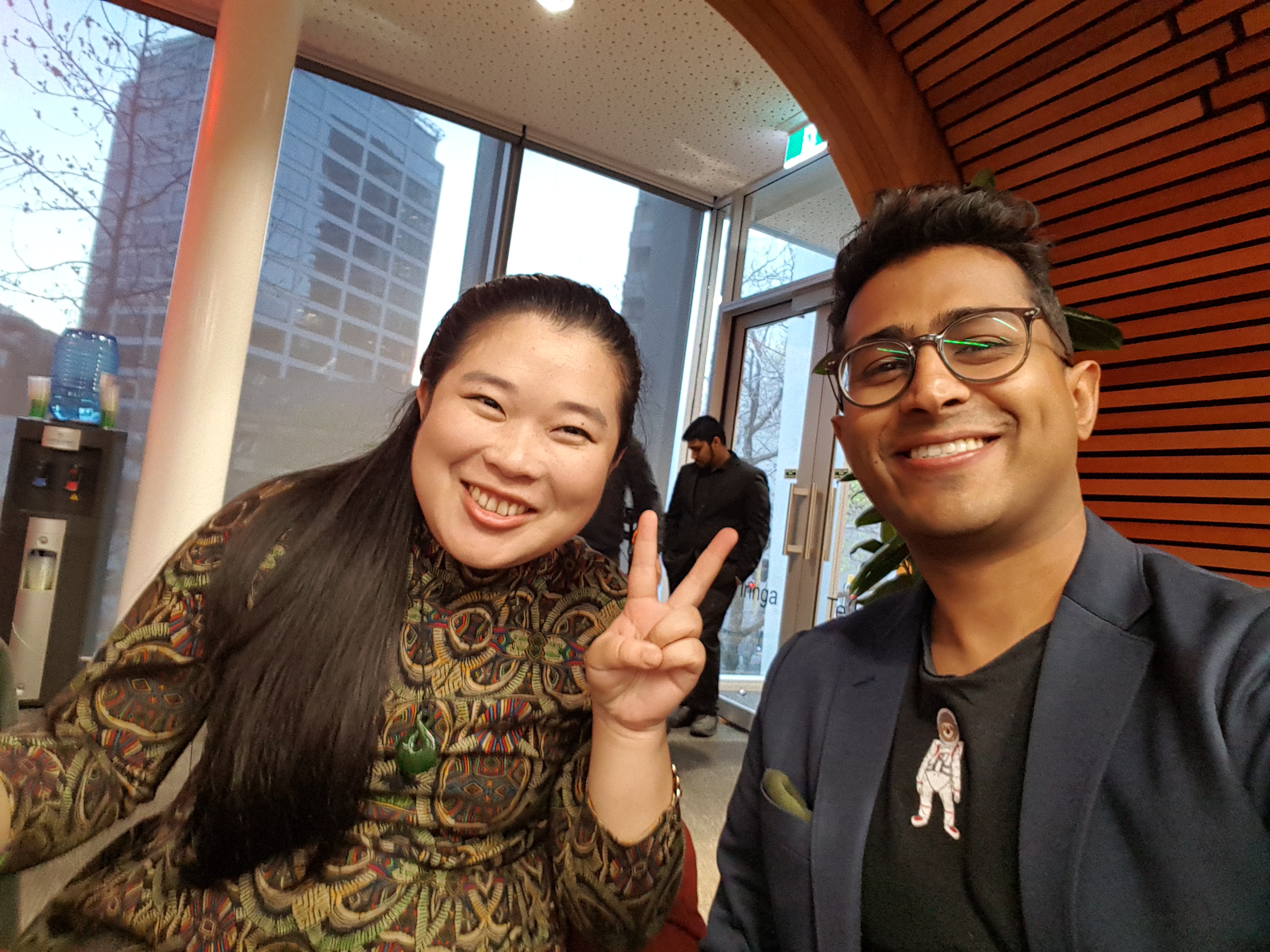
Engaging in customer discovery allowed Dr. Reza and Nicole to approach the problem from their customers’ shoes. They learned that there were in fact dozens of early warning systems in place to respond to outbreaks, but they were top-down approaches projected onto existing systems that were already fragile and resource constrained. Many of these approaches failed to seek guidance from those on the ground — the community healthcare workers and local hospitals — thus failing to protect those most in danger.
One NGO employee explained that during the 2015 Ebola outbreak in West Africa, they didn’t have enough information from those on the ground to predict how the disease was managing to spread into northern Nigeria. Much of this was due to people migrating away from disease stricken countries in search of safer territory. Dr. Reza added, “For me this ‘aha’ was the realization that the attention and capital devoted to tackling pathogens such as coronaviruses (e.g. SARS, MERS, COVID), rather than other sometimes more deadly infectious diseases, is likely due to the degree to which they impact affluent nations, those positioned in the ‘global north.’”
While Dr. Reza and Nicole recognized that this observation wasn’t new, they redesigned their business model because of it. They decided that to stand with the poor and walk alongside healthcare professionals they would need to use a cross-subsidized approach that required those in affluent nations to pay a fee for their service so that they could offer their platform to communities that needed it most. Dr. Reza added, “This was us trying to match our desire for social impact with a sustainable business imperative.”
Unlike many economic and social issues that social enterprises seek to address within certain geographies, infectious disease doesn’t respect national borders. By listening to existing providers in the field, these two entrepreneurs discovered how to create a service that customers would truly value.
